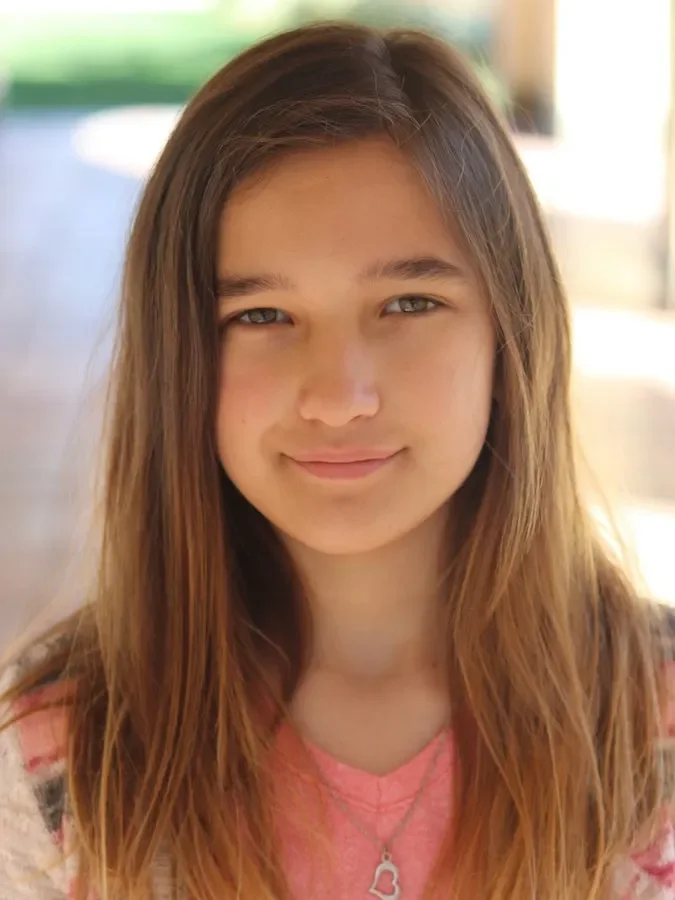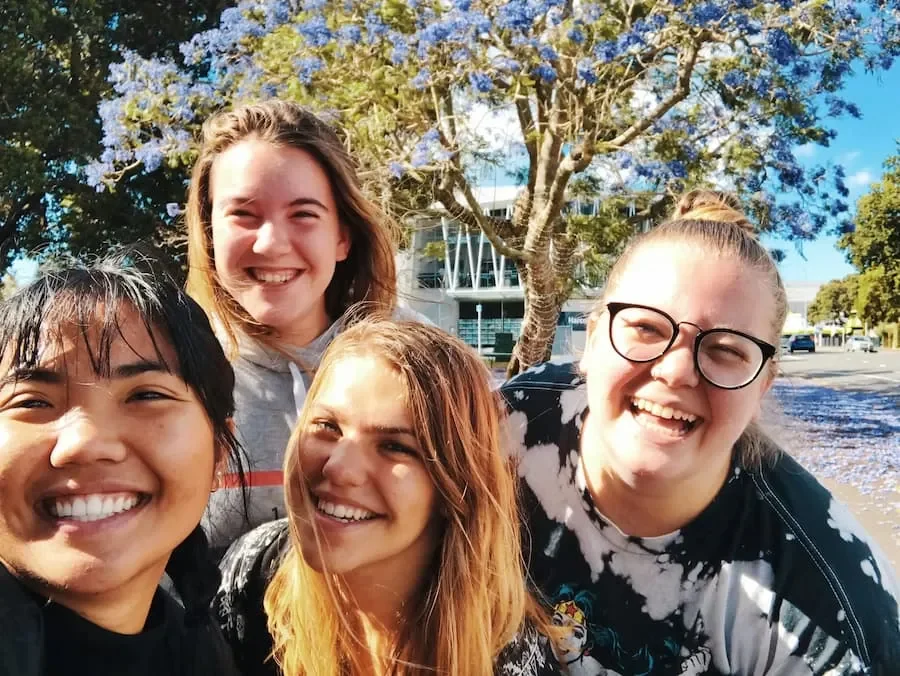
Teen Psychiatrist
in Boulder, CO
Are You Feeling Overwhelmed Or Uncertain About The Future?
If you’re a teen or young adult looking for a psychiatrist you can talk to, you may be:
Stressed out, nervous, scared, or worried about what other people think of you.
Feeling sad, depressed, irritable, bummed out, numb, or indifferent about life in general.
Having trouble focusing, misplacing things, missing deadlines, or being forgetful.
On the other hand, perhaps you’re a parent of an adolescent who seems sad or irritable, is sleeping too little or too much, losing or gaining weight, or just doesn’t seem to be able to enjoy things like they once did. Maybe you worry that your teen’s social isolation, lack of energy, and low motivation are something more than a phase.
Young People Are Often Fighting Complex Unseen Battles
Like many teens and young adults, you may have a hard time getting up each morning because you didn't sleep well—or you simply dread facing the day. You probably trudge through school or work, unable to focus or get things done on time —and if you do manage to finish the work, the quality might be poor.
You may forget to do homework and overlook assignments. You may find yourself procrastinating on projects, missing deadlines, or lacking the motivation to even get started. All of these things are demoralizing and can lead to feeling like a disappointment or a failure, not to mention completely stressed out because you have fallen so far behind.
Not understanding these issues and blaming yourself for the things that seem to be out of your control can take a toll on your mental health and sense of self-worth, which is why learning more about teen and young adult psychiatry is so important.
Working with a psychiatrist gives teens and young adults like yourself tailored treatment options for addressing anxiety, depression, ADHD, substance abuse, and many other mental health struggles.
Have any questions? Send me a message!
Young People Have It Harder Than Ever These Days
Teens and young adults face extraordinary stressors in today’s world. Social media creates opportunities for people to constantly compare their lives to the snaps, stories, and posts of friends and other people they know, fueling issues of low self-worth and FOMO. On top of that, high expectations from parents, teachers, and society in general create a level of stress that easily can become totally overwhelming.
There’s also the emotionally exhausting task of juggling a variety of roles, including being a student, son/daughter/kiddo, employee, athlete, friend, and partner. The uncertain state of world politics is also a source of major anxiety for many young people, especially today’s LGBTQ+ youth. All of these stressors make life a daunting obstacle course for teens and young adults to navigate.
Why Teens May Be Reluctant To See A Psychiatrist
As with many adults struggling with similar challenges, teens often think their problems are just in their heads—that they should be able to figure them out and deal with them on their own. Often, there’s shame, embarrassment, and fear that others will judge them for what they’re going through and how they’re handling it.
Other times, it’s simply too difficult to find the time to prioritize self-care amid the other countless responsibilities on their plate. In some cases, the stigma surrounding psychiatry or even hearing negative stories from family or friends about bad experiences with a psychiatrist can keep teens from seeking support.
The truth is, working with a psychiatrist gives teens and young adults a place where they can be truly seen. In our time together, there is no judgment, no hidden agendas, no bias—only a desire to help young people feel better and achieve their goals.
How My Approach As A Psychiatrist Helps Teens And Young Adults Thrive
What I hope people notice when we meet is how much I genuinely care about them. This is not simply a job to me; it is a calling.
No two people are the same, and that is why I’ll strive to understand you from a holistic perspective, taking into account your background and the strengths you already possess, in order to help me provide an individualized approach to treatment.
If medication is recommended, I’ll spend time discussing the reasoning behind the recommendation, as well as the possible benefits and side effects. When appropriate, I’ll also suggest alternative treatments and complementary medicines. I’ll ask about your thoughts and concerns, and answer any questions you may have.
My goal is to provide you with all the information you need and empower you to make your own best healthcare decisions. If, ultimately, you decide that a recommendation that I have made just doesn’t feel right for you, no problem. We will come up with a plan that stays true to your values and needs.
What Is It Like Talking With A Teen Psychiatrist?
My job is to learn all about who you are and the life experiences that have brought you here. I want to know about your:
Childhood, including any trauma, loss, or life-shaping/changing events.
Relationship history with family, friends, romantic partners, and how they’ve influenced you.
Work/school history and any family history of medical illness.
What you are currently experiencing and how it is impacting your day-to-day life.
When and how your symptoms started and how they have evolved over time.
In addition to identifying the areas you’d like to work on, we’ll also explore what is going well in your life. I’ll ask you to imagine what your life could be and what you feel are obstacles to achieving these goals. Finally, we’ll look at your views on mental health, medications, supplements, therapy, as well as how ready you are to engage in making the necessary changes to get better.
Some Of The Tools I Use In Psychiatry Sessions With Teens and Young Adults
My primary role as a teen and young adult psychiatrist is to develop a treatment plan centered around medication management for issues like anxiety, depression, ADHD, bipolar disorder, and trauma/PTSD, among others. During each session, we will review our treatment plan together, make any changes we think are needed, and I will answer any questions you might have.
While each visit will have a focus on medication, I also draw from several therapeutic modalities to provide targeted treatment that directly addresses what comes up in that session:
Dialectical Behavior Therapy (DBT) offers challenge-specific skills for teens that focus on radical acceptance, mindfulness, distress tolerance, emotional regulation, and interpersonal effectiveness.
Cognitive Behavioral Therapy (CBT) teaches skills for identifying cognitive distortions, doing hierarchical work (when treating OCD), and altering negative thought patterns. CBT helps people understand the connection between their thoughts, feelings, and behaviors—which, in turn, will allow them to modify all three of these things by intervening at any one of these points.
Supportive Therapy is something I use in every session. It involves reassurance, validation, normalizing, and reframing a person’s perspective—and gives me the chance to offer advice for making changes aimed at interrupting negative patterns of thoughts, emotions, and behaviors.
There Is A Way To Build The Life You Want For Yourself
Right now, maybe you think nothing will ever change—that this is just the way things are or that you don’t even deserve to feel better, but there is hope. If you give me a chance, I truly believe that my lighthearted and partnership-based approach to psychiatry for teens and young adults can have a significant impact on your well-being and quality of life—now, and for years to come.
Still Have Questions About Working With A Teen And Young Adult Psychiatrist?
-
I have trained at UCLA, Johns Hopkins, and the Mayo Clinic, serving teen and adult populations since 2003. With my education, training, and experience, I am confident I can help you start connecting with people again, lighten the load you are carrying, and overcome any challenges standing in the way of your happiness. Improving your emotional well-being will make it easier for you to cope with stress, anxiety, or sadness. You’ll likely find that you even have more energy, greater focus and concentration, and a better all-around outlook on life.
-
For younger teens, I speak to the parent(s) and the teen together in order to get some basic information, and then ask the parent(s) about what they’ve observed regarding their teen’s mental health history, from the initial to the present concerns. Then, I’ll ask the parent(s) to step out before continuing the session with the teen independently.
If the parent(s) has something they would like to speak with me about alone, we will also make time for this. My job is to work directly with the teen; however, I always meet with the parent(s) at some point in each session to provide updates and answer any questions. For young adults, it’s all independent, so the parents are not there unless there is a special request from the patient.
-
It’s all about the relationship. During our time together, I want you to know that you are in a judgment-free zone without guilt, shame, or lectures. I find that building a solid therapeutic relationship of trust, empathy, and support is essential in helping you get to a better place, so I hope to make you feel at ease—as if you are talking to an old friend. I want you to finish our time together feeling heard, validated, and cared for.
Let’s Figure This Thing Out Together
If you’re stuck, feeling lost, and uncertain of who you can talk to, I want you to know that I’m here for you, and I would be honored to hear your story. To set up your first appointment, please email me or call/text (720) 515-2404. If something specific is holding you back from scheduling, I offer brief phone consultations on a case-by-case basis.
I provide online and in-person psychiatry services for teens and young adults in Boulder, the Denver Metro area, and throughout the state of Colorado.



